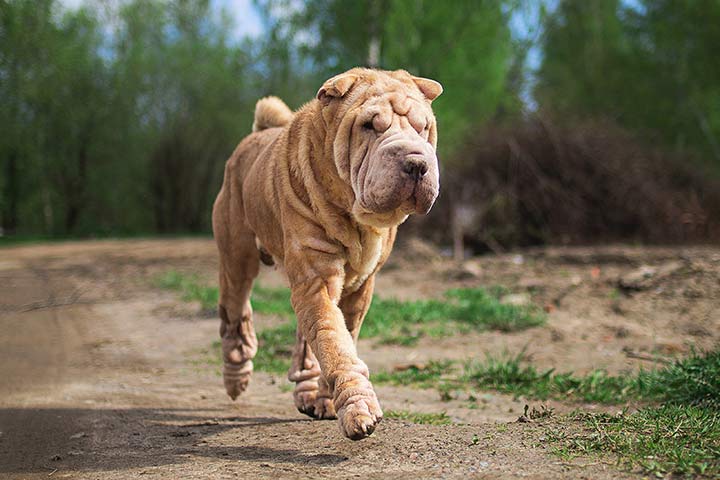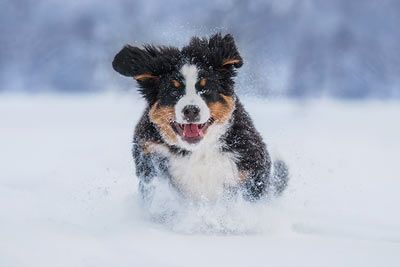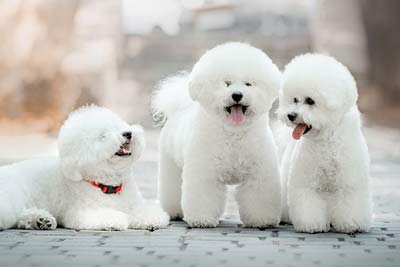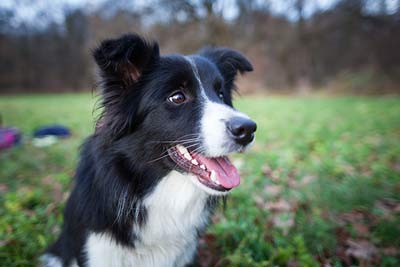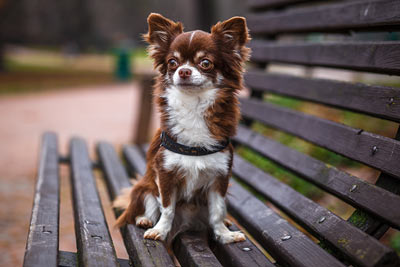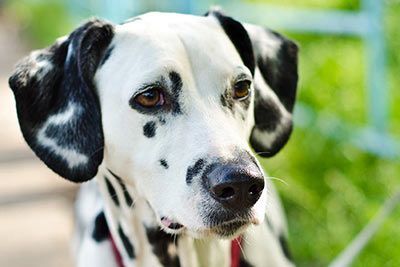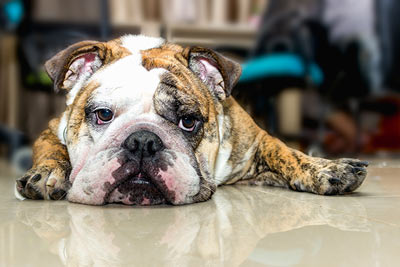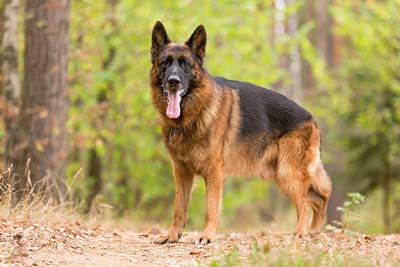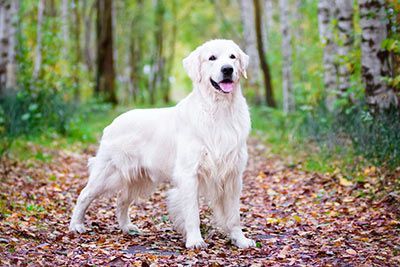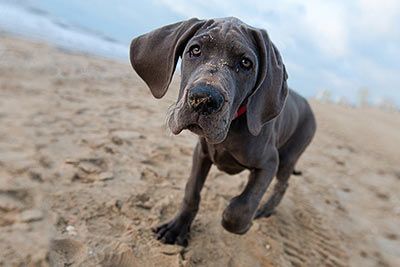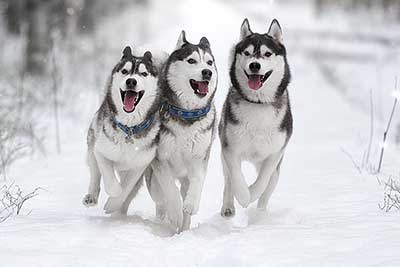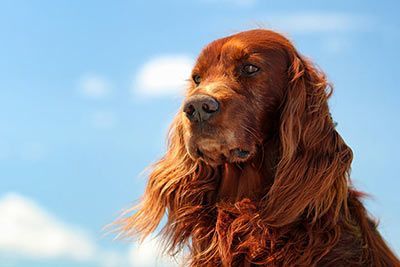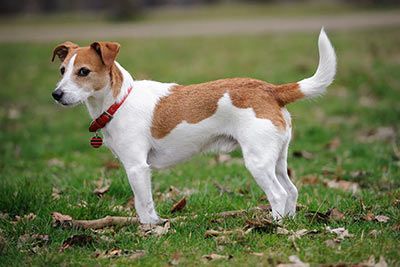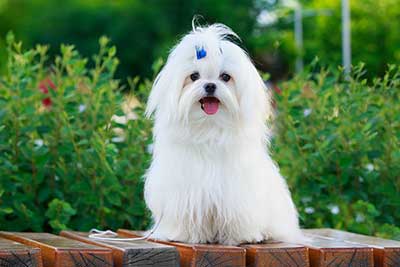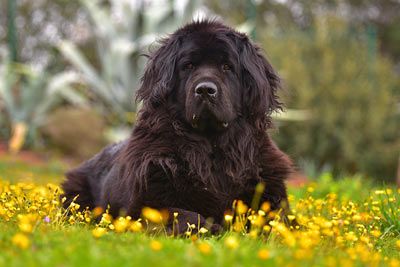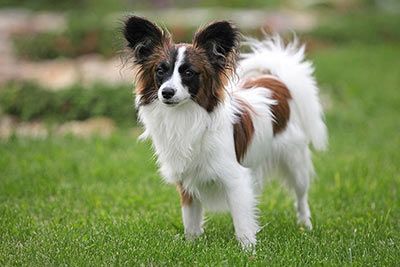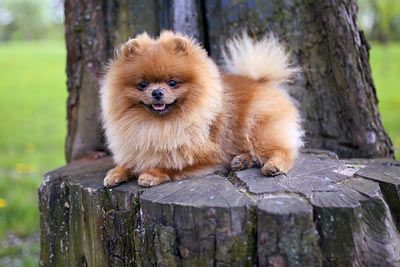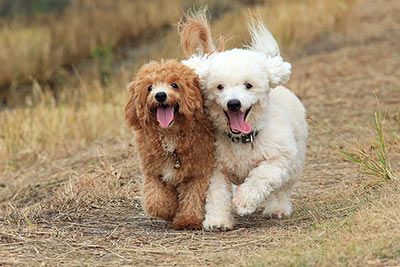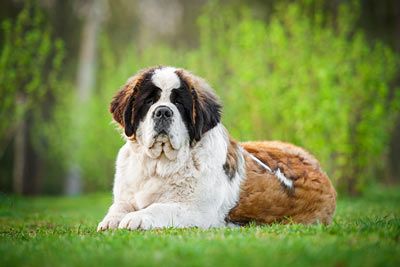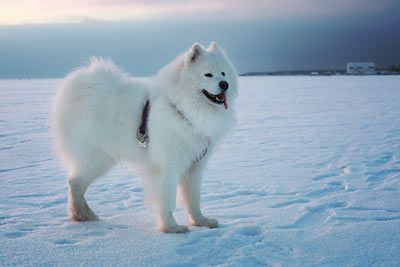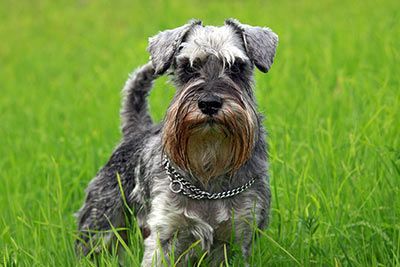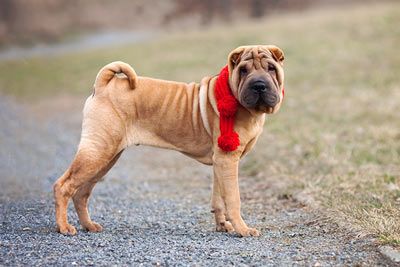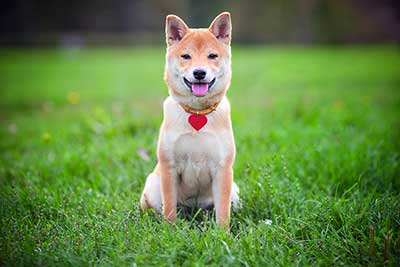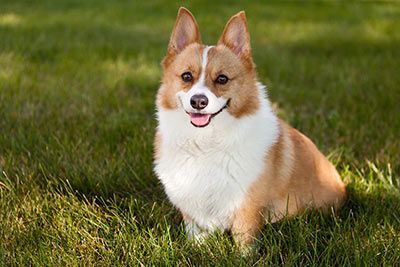Shar-Pei
Shar-Pei Dog Breed Information
| Size | 17-20 inches (44-51 cm) |
| Weight | 40-64 lbs (18-29 kg) |
| Origin | China |
| Color | Cream, brown, red, black |
| Lifespan | 8-10 years |
| Suitable as | Family dogs, companion dogs |
| Personality | Attentive, calm, confident, relaxed, independent |
| Exercise | |
| Drooling | |
| Shedding | |
| Grooming |
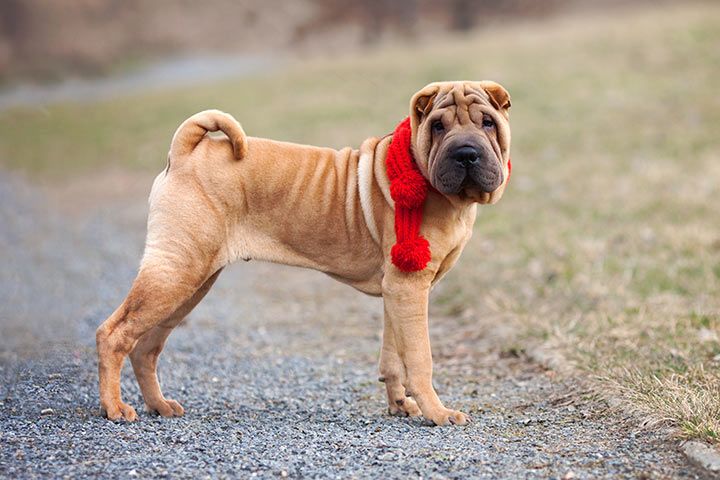
Breed Characteristics
Shar-Peis can be recognized at first glance. They have numerous, loose skin folds - especially in the face. They are very calm, confident, strong-minded and loyal. They are protective and devoted to their family, but they are not overly affectionate, because they have an independent personality. Most Shar-Peis do not like water. Of course there are exceptions. Show your Shar-Pei that water is a great thing while it is a puppy. It might go into the water voluntarily later. Shar-Peis seldom bark. They only do it while playing or when they are worried about something. Exercise is important to them, but they are not suitable for jogging or other (canine) sports. Or more precisely said: they are not willing. That's just "too hectic" for them ;)
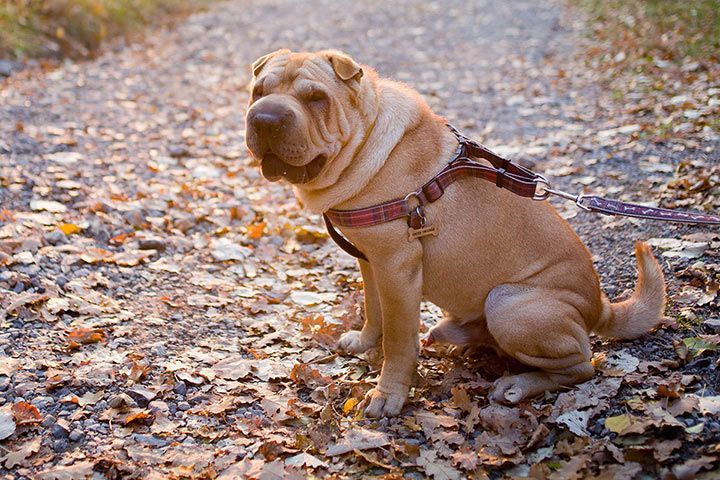
Discipline and Training
A Shar-Pei needs a confident master. If you’re unsure or too soft, they will quickly notice and take over the position of leader. Family members that don’t have this dog’s respect (yet) will soon notice their stubbornness. The Shar-Pei is rather aloof towards strangers and other animals. Early socialization helps to ensure that the puppy isn't developing aggressive behavior.
Pros and Cons
Pros
- Doesn't need lots of exercise
- Sheds a lot
- Doesn't bark much
- Easy to groom
Cons
- Not a beginner dog
- Can be stubborn
- They test your limits of patience ;)
- Snores
- Aloof towards strangers
- Strong protective instincts
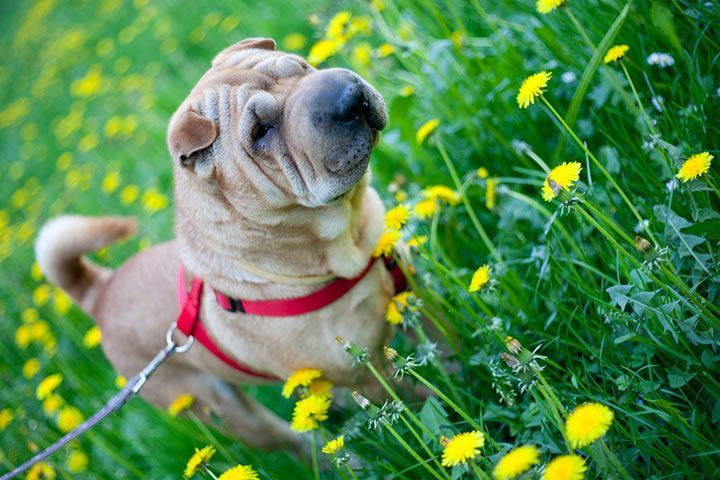
Appearance
Their skin folds make the Shar-Pei unique - no matter what coat color they have. These are very diverse, e. g. red, black, cream, blue, brown, chocolate, lilac and so on. But why do Shar-Peis have such a wrinkled, folded skin? The dogs used as guard dogs or for dog fighting. While Shar-Peis are not as strong as other breeds, they do have a key advantage: Their wrinkles protect them from too deep bites.
Shar-Peis have a blue-black tongue. The only other dog breed that also has a dark tongue is the Chow Chow. By the way: The Chinese believe that a black tongue would ward off evil spirits.
Health and Care
Shar-Peis do shed a lot, but they are very clean and their coats are easy to care for. That's why they rarely need to be bathed. If you do, you should dry its wrinkles and skin folds thoroughly, because otherwise fungi or bacteria may settle in. Shar-Peis don't like hot weather.

History
For the beginnings of the Shar-Pei we have to travel back to the year 200 BC. There are statues that look like Shar-Peis that date back to this period. Therefore it is believed that the dog breed already existed in this ancient time.
Nevertheless, according to the Guinness Book of World Records, the dog breed was considered the rarest dog breed in the world in 1978! Around 1950, dog owners had to pay very high taxes and shortly afterwards dog breeding was even banned. If it hadn't been for Matgo Law, who bred the animals in Hong Kong (still part of the UK at this time), the breed would have been extinct. In 1973 he wrote a plea in a dog magazine to save the breed. Thanks to this plea several hundred Shar-Peis had been brought to the US, just in time before Hong Kong returned to China in 1997.
Where Does the Name Come From?
Shar-Pei is Chinese and means "sand skin" because the dog's coat looks and feels a little bit like sandpaper.
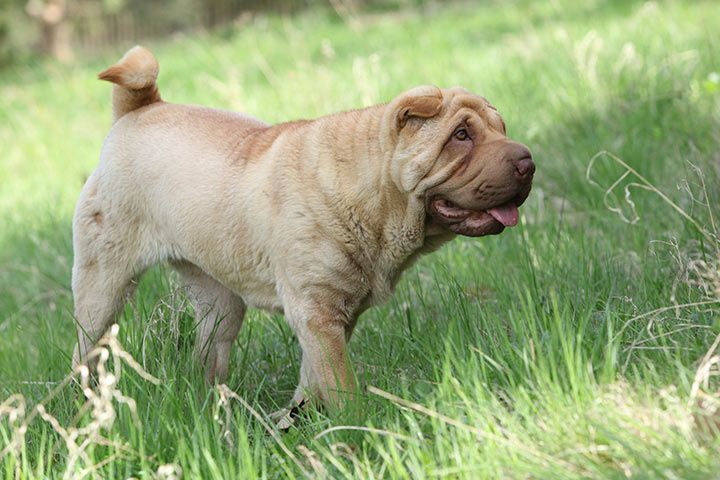
Fun Facts
Shar-Peis tend to snore.
Comparable Breeds
- Akita
- Chow Chow
- German Shepherd Dog
